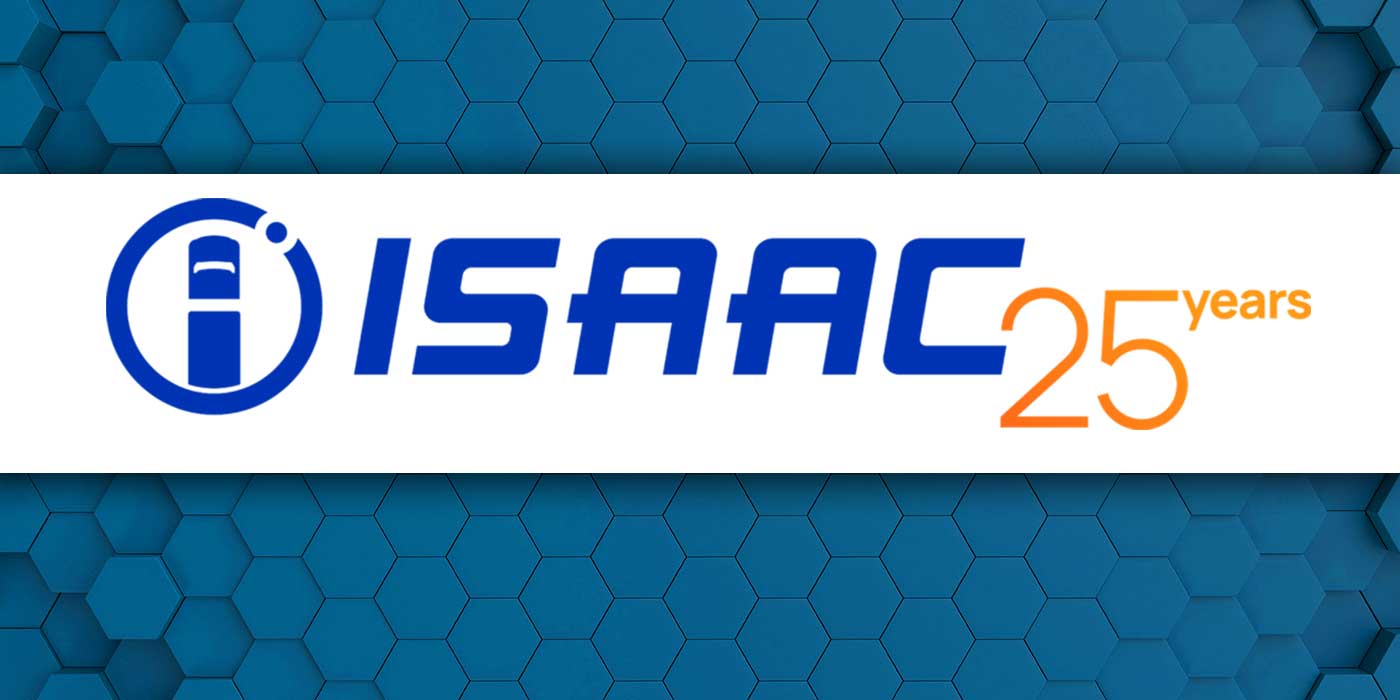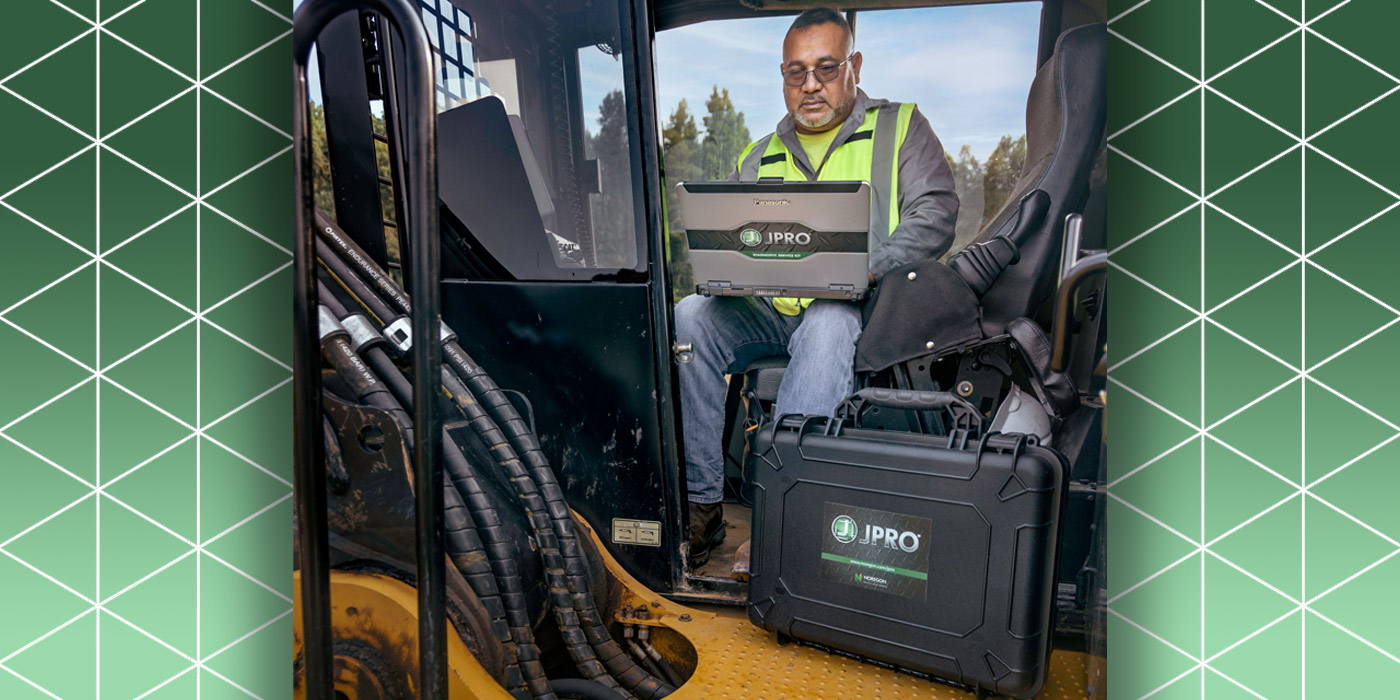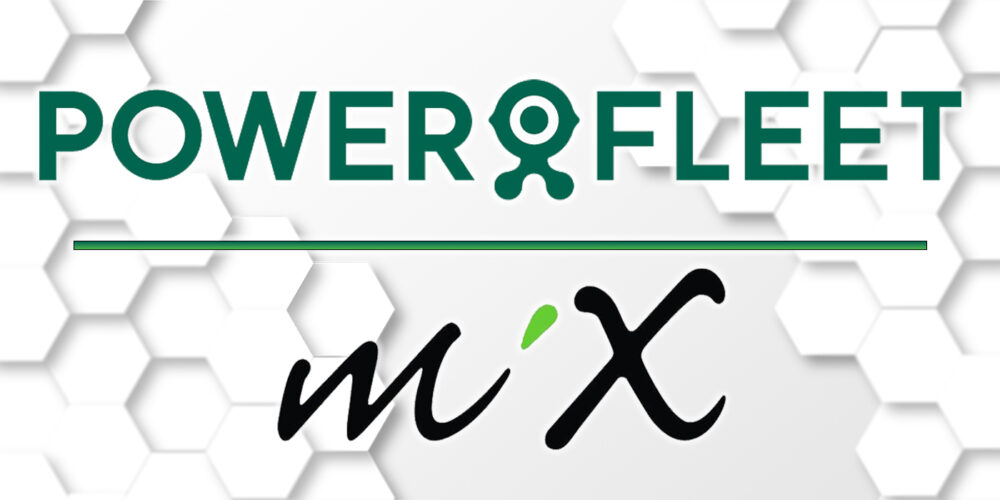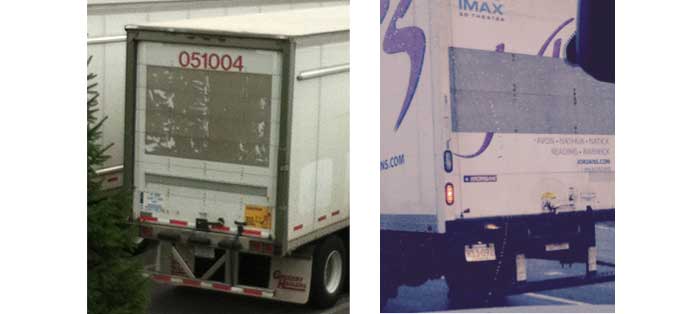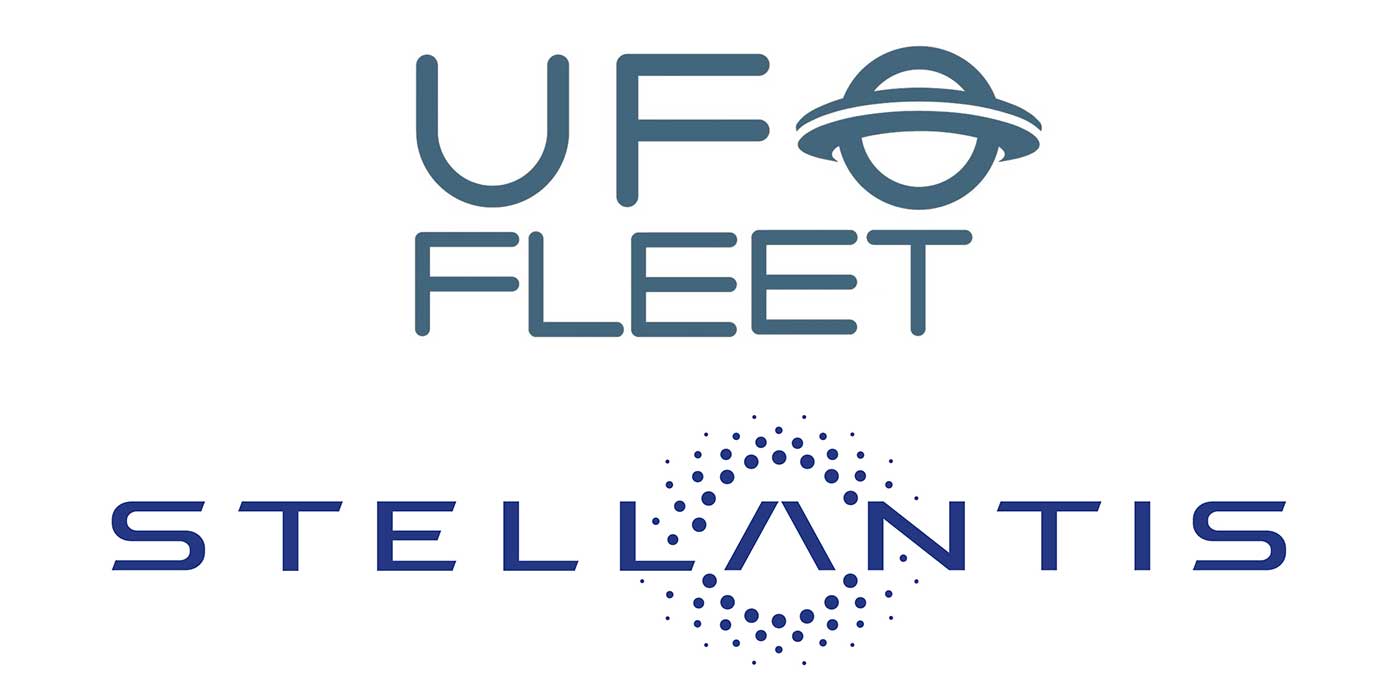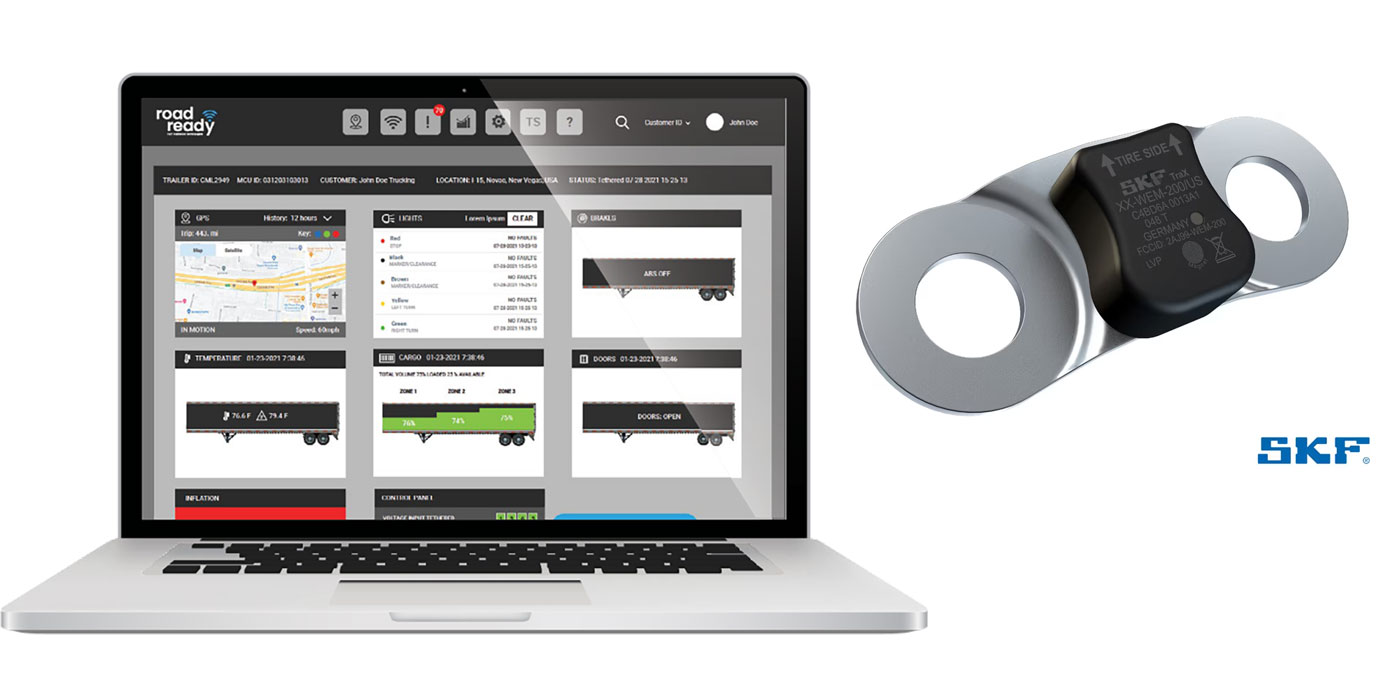When it comes to onboard communication, fleets need to determine their objectives before investing. For about the last two decades, fleets have had a number of vehicle onboard communication devices to connect with drivers, track loads and monitor onboard components. But a lot has changed in the last 20 years. Communication devices now range from proprietary units purchased and installed by fleets to computing devices owned by drivers—smartphones, laptops, tablets and other PDAs—often referred to as “bring your own device (BYOD).”
According to Brian McLaughlin, president of PeopleNet, “The proliferation of advanced communications, computing devices and applications for personal use is driving the debate over device ownership and the ‘right’ model for transportation companies. The questions of whether employees should be allowed to connect their personally-owned devices to the company network or whether employees should be allowed to use company-owned devices for personal as well as business use have made device ownership a sensitive issue. This, on top of security, privacy, cost and supportability issues, gives fleet owners plenty to think about when selecting mobile technology.”
Historically, fleets have opted for fleet-managed or “corporate-owned, corporately-enabled” devices, which offers little to no choice to users, but maintains control for the fleet. The company owns the communication device and does not allow incorporation of personal applications on it. As a result, this model provides the highest levels of support, security and compliance. The continuous stream of innovative consumer devices and services now make BYOD attractive to end-users. Fleet IT departments provide device support and security. While IT departments initially supported the concept to shift the burden and expense of hardware ownership (and replacement) to drivers, IT has come to appreciate how onerous it can be to deal with an infinite variety of platforms and profiles, hardware and security, McLaughlin notes. It is the classic trade-off between choice and complexity.
As a result, IT is rethinking BYOD and reshaping it with corporate-owned, personally-enabled (COPE) policies. Instead of making corporate functions work on personal devices, COPE sets up a framework to support and allow personal uses of company devices. The company selects preferred devices, buys and owns them, but the employee is allowed, within reason, to install the applications they want on the device. The company also establishes usage and cost thresholds for employees.
Most important, in a COPE environment, the company reserves the right to disconnect devices on the corporate network when necessary (as in the case of a security breach) to keep their networks and information secure, one of the biggest issues associated with BYOD programs.
McLaughlin reminds fleets that despite the communication device choices, the right software application is always the source of the greatest ROI, and the most effective applications are usually those that are fleet-specific and controlled.


